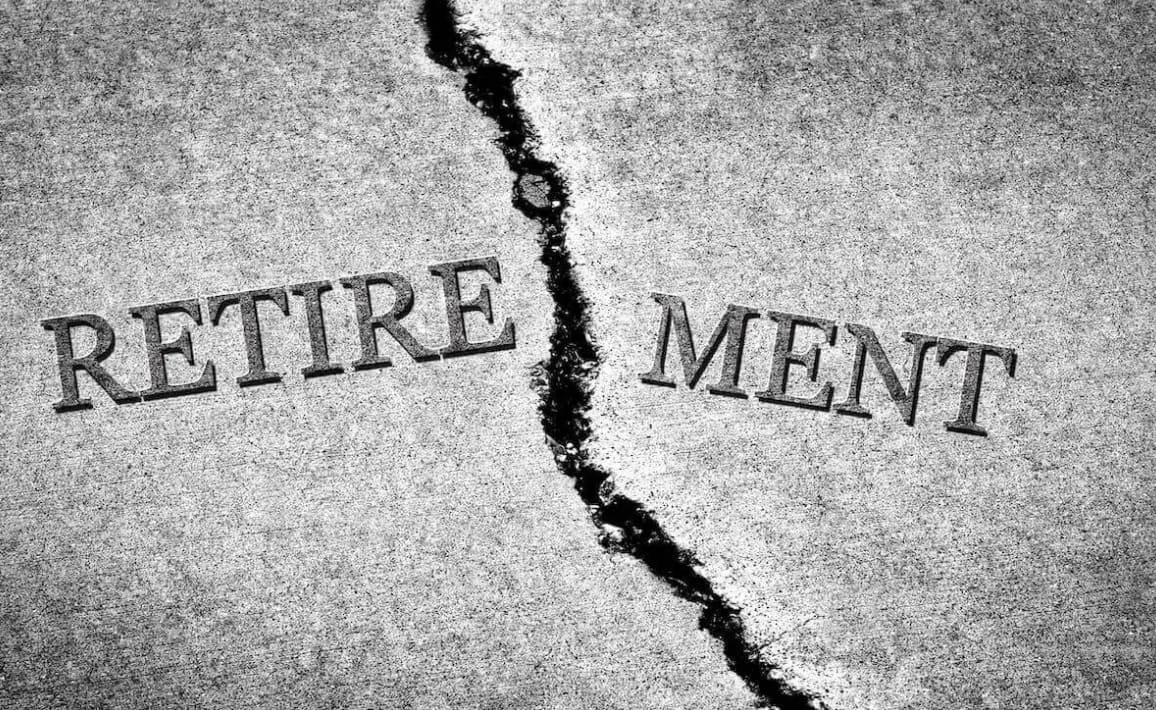Top Retirement Mistakes Made By Federal Employees

Top Retirement Mistakes Made By Federal Employees
By Thiago Glieger
These are some common mistakes federal employees make in their retirement planning.

In my time advising federal employees, I’ve come across plenty of strategies that people use in their financial planning. This has allowed me to see the areas in which many people have gaps in their planning.
You only get one shot at retirement, so I hope this article will help you strengthen your plans.
Not Planning for Long Enough
Whether you plan to retire fully or just reduce your time working, how do you ensure that the years ahead of you are just as rich and meaningful as you envision them?
Your retirement could be as much as a third of your whole life. How can you make sure that your money lasts?
If you’re in excellent health, there’s roughly a 70% change of couples living into their 90s, according to the Society of Actuaries and SSA. It’s not until we get to 95 that we start to see a significant drop to probabilities.
Many people don’t plan to have hundreds of thousands in their portfolios while in their 90s, but a Long-Term Care event at that age could be a torpedo to their financial independence. There’s a delicate balance between enjoying life and overspending.
Some may want to accelerate spending in early retirement, and it’s prudent for them to look at the longer-term impact of such choices. What should you do if the markets return negative for a couple of years while you’re doing higher spending?
One way to help protect against this type of risk is having a bucketed approach to investment planning. This involves having parts of your wealth segmented into varying buckets, each with a different job.
You might have one funding your early retirement spending, while others designed to get you through your 70s and 80s, address LTC, etc.
Misunderstanding Your Federal Benefits
Every fed knows how complicated the Federal Employees Retirement System (FERS) gets. Aside from common clerical errors on SF-3107, there were a few benefit details that we saw feds overlook last year:
- Federal Employees Group Life Insurance (FEGLI) becomes highly expensive in retirement. The case for regular life insurance coverage becomes less clear the older and more wealth you own. While FEGLI is portable (eligible to continue after retirement), few recognize the costs affiliated with holding anything beyond basic with a 75% reduction. If you need life insurance, we encourage retiring feds to explore private coverage, but do not let go of FEGLI prior to being approved for a new plan.
- Saving copies of all documents in eOPF is suggested prior to leaving service. Any challenges in retirement benefit calculations will be hard to correct after you leave service. Do yourself the favor to verify retirement estimates and ensure OPM has all your information and creditable service time accurate. I have seen dozens of families over the years that required correction in their records. This was only uncovered by digging into the details during the process of planning.
- Dual-fed families have their own complexities. The Federal Employees Health Benefits Program (FEHB) is cheaper for the employed federal employee for virtue of being pre-tax while employed. Many dual-fed families forget to change coverage to the working spouse for this benefit. The survivor benefit plan (SBP) may also be a costly benefit that isn’t necessary if both qualify individually for FEHB and have plenty of assets were one to die early.
Assuming High-Performing Investments Will Continue Offering Success
Just because an S&P 500 fund (TSP C Fund) did well over the last X years doesn’t mean that it will meet your needs as you approach retirement. Relying too heavily on equity investments like the C, S, and I funds can cause tremendous challenges in retirement.
Many know of the need for diversification, as some parts of the markets don’t perform well while others do. Having all your stocks in highly volatile funds can be a challenge when you don’t have time to allow them to recover.
Think of how fond you’ve become of your TSP allocation that has grown your balance to where it is today. Those stock funds have given you lots of growth over the decades.
But retirees require their focus shifted to each year, not decades at a time. You’re the one generating your retirement income to supplement your annuities (FERS/Social Security).
Retirement can’t stop if the markets are negative for a few years. It didn’t matter when you were working, but it matters when retired. This is one reason why the TSP introduced the Mutual Fund Window—the need for diversification cannot be ignored. The volatility that offered you the opportunity of growth in the long run now represents riskto you in the short term.
